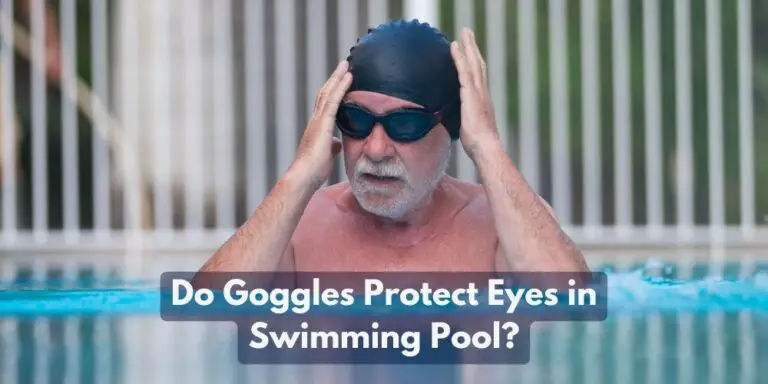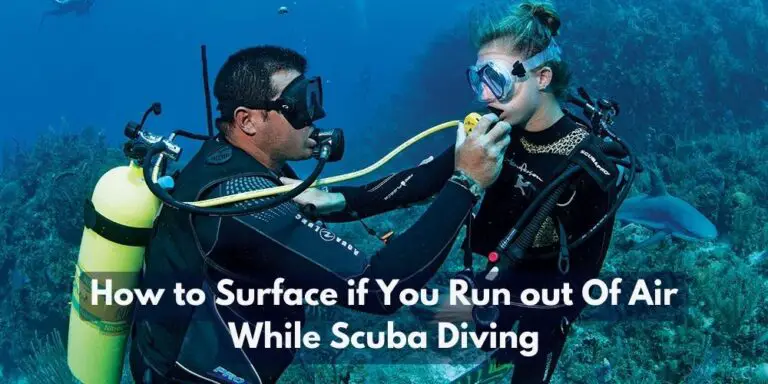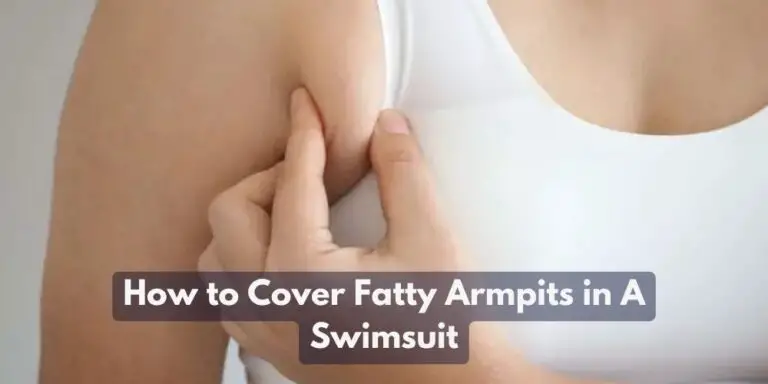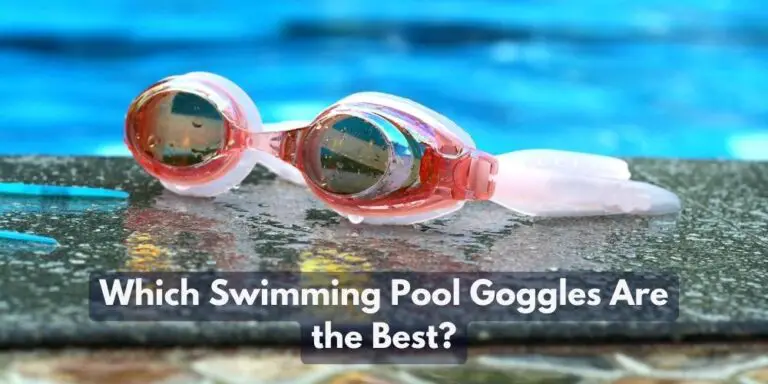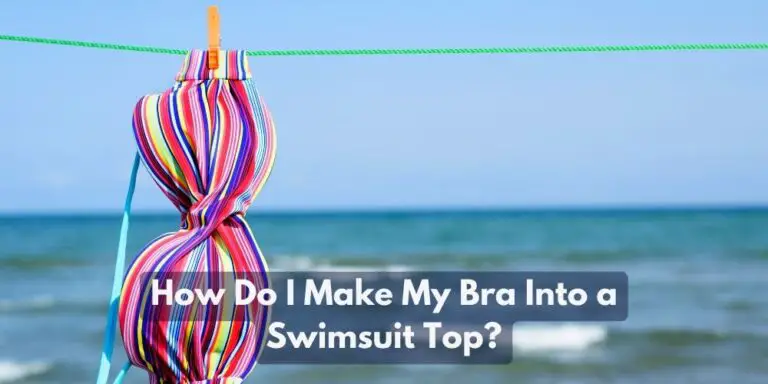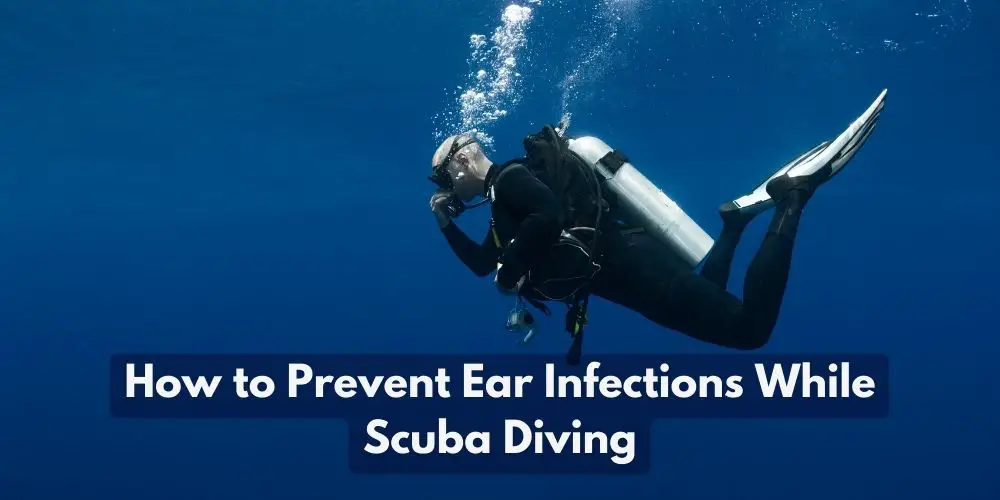
Scuba diving is an exhilarating experience that allows us to explore the mesmerizing depths of the ocean. However, amidst the beauty and adventure, there’s a common issue that often plagues divers: ear infections. These infections can cause discomfort, pain, and even disrupt our diving plans. That’s why it’s crucial to prioritize prevention over treatment when it comes to ear infections during scuba diving.
Ear infections are a common occurrence among divers due to the unique challenges of the underwater environment. The changing water pressure, exposure to bacteria-laden seawater, and inadequate ear equalization techniques can all contribute to these infections. The good news is that by taking preventive measures, we can significantly reduce the risk and enjoy our diving experiences to the fullest.
In this blog post, we will delve into the importance of preventing ear infections while scuba diving and explore effective strategies to safeguard our ears. By implementing these preventive measures, we can ensure a comfortable and enjoyable diving adventure without the nagging discomfort of ear infections. So, let’s dive in and discover the secrets to maintaining optimal ear health while exploring the wonders of the underwater world.
How to Prevent Ear Infections While Scuba Diving
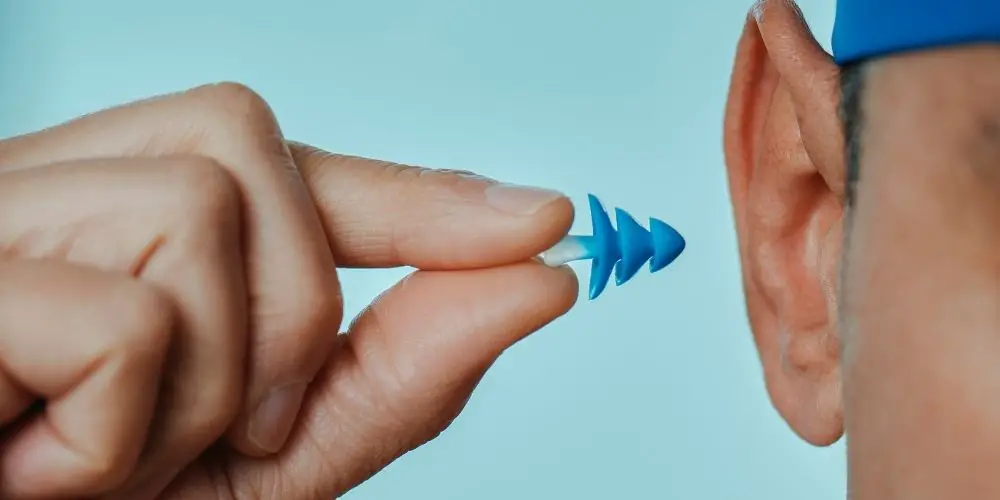
To prevent ear infections while scuba diving, it’s important to understand the causes. Two key factors are “water pressure changes” and “water entering the ears”. As we descend, water pressure increases, causing discomfort and potential damage if not equalized. Water entering the ears carries bacteria, leading to infections. By addressing these factors, we can take proactive steps to keep our ears healthy during dives. Let’s explore practical strategies for preventing ear infections in the following sections.
6 Ways to Prevent Ear Infections While Scuba Diving
To ensure a safe and enjoyable scuba diving experience, it’s crucial to take preventive measures against ear infections. Here are six effective strategies to protect your ears while exploring the underwater world:
1. Equalizing Techniques for Pressure Regulation:
One of the primary causes of ear discomfort and potential damage during scuba diving is the imbalance in pressure between the external environment and the middle ear. To counteract this, mastering proper equalization techniques is vital. Two commonly used techniques are the Valsalva maneuver and the Toynbee maneuver.
The Valsalva maneuver involves gently pinching your nostrils shut and blowing gently against the closed nostrils while keeping your mouth closed. This helps to equalize the pressure by forcing air into the Eustachian tubes and balancing the pressure in the middle ear.
The Toynbee maneuver involves swallowing while pinching your nostrils shut. This technique opens the Eustachian tubes and allows air to flow into the middle ear, equalizing the pressure.
It’s important to practice these techniques before diving and use them consistently during both descents and ascents to maintain proper pressure regulation and prevent ear barotrauma.
2. Proper Gear and Equipment Selection:
Investing in well-fitting dive masks is essential for preventing water from entering your ears. A properly fitting mask creates a seal that keeps water out, reducing the risk of ear infections. Ensure that the mask covers your nose and fits snugly but comfortably against your face.
In addition to a well-fitting mask, consider using ear protection. Neoprene hoods, earplugs, or custom-fitted ear molds can create a barrier, further reducing the likelihood of water entering the ears. These accessories provide an extra layer of protection, especially for individuals prone to ear infections or with a history of ear issues.
3. Pre-Dive Preparation:
Maintaining clean and dry ears before diving is crucial. Excessive ear cleaning can strip away the protective layer of earwax, leaving the ear canal more susceptible to infections. Instead, adopt a gentle approach to ear care.
Before diving, take a shower or swim to ensure your ears are clean. Afterward, gently dry your ears using a soft towel or a hairdryer on the lowest setting. Hold the dryer at least 12 inches away from your ear and move it continuously to prevent concentrated heat. This helps remove any moisture that could lead to bacterial growth.
4. Post-Dive Ear Care:
After each dive, it’s important to promptly remove any trapped water from your ears to minimize the risk of infection. Water that remains in the ear canal can create a moist environment conducive to bacterial or fungal growth.
To drain the water from your ears, tilt your head to the side and gently tug on your earlobe while shaking your head. This can encourage the water to flow out. If water remains trapped, you can try using ear drops specifically designed for divers. These drops often contain drying agents or mild antiseptics that help remove excess moisture and inhibit the growth of bacteria or fungi.
Alternatively, you can create a homemade solution using a 50/50 mix of rubbing alcohol and white vinegar. Using a clean dropper, place a few drops of the solution into each ear, allowing it to sit for a minute. Then, tilt your head to the side to drain the solution out. The rubbing alcohol helps dry out the ear, while the vinegar balances the pH level, creating an unfavorable environment for bacteria and fungi to thrive.
5. Avoiding Common Mistakes:
To prevent ear infections, it’s important to steer clear of certain common mistakes that can potentially harm your ears. One common error is using cotton swabs or inserting foreign objects into the ears. This can push earwax deeper into the ear canal, potentially causing blockages and increasing the risk of infection. Instead, allow your ears to naturally clean themselves, or seek professional assistance if you experience excessive earwax buildup.
Another mistake to avoid is using hydrogen peroxide or other unproven remedies for ear cleaning. While the bubbling sensation may feel satisfying, hydrogen peroxide can irritate the delicate tissues in the ear and disrupt the natural balance of bacteria, potentially leading to infections.
6. Seeking Professional Help:
If you experience persistent ear discomfort, pain, or signs of infection despite taking preventive measures, it’s important to seek professional medical advice. An ear specialist, such as an otolaryngologist or an otologist, can examine your ears, diagnose any underlying issues, and provide appropriate treatment. Early intervention is key to prevent further complications and ensure your ear health.
By following these six preventive measures, you can significantly reduce the chances of developing ear infections while scuba diving. Prioritize ear health, and ensure a safe and enjoyable underwater adventure!
Final Thoughts
By prioritizing ear health and implementing these preventive measures, you can enjoy safe and comfortable scuba diving experiences. Remember to master equalization techniques, use proper gear, keep your ears clean and dry, remove trapped water, avoid common mistakes, and seek professional help if needed. With these steps, you can dive into the wonders of the underwater world with confidence.

